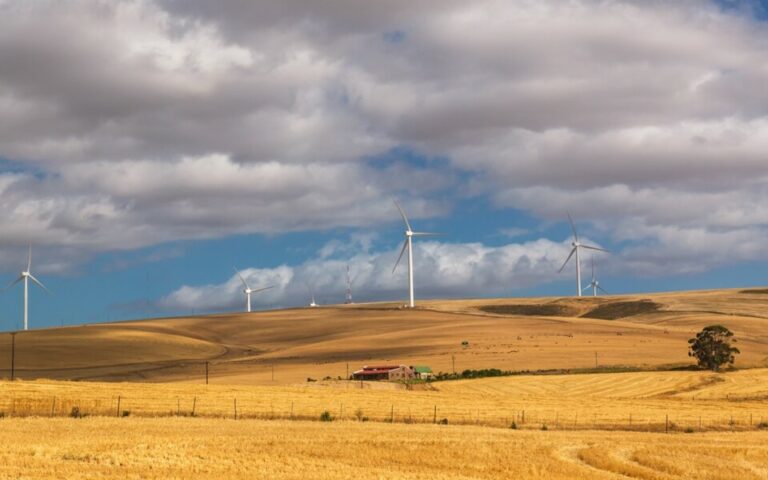On 24 August 2020, Sasol Limited released its 2020 Climate Change Report for the year ended 30 June 2020. This is the second report by the company which is aligned with the Recommendations of the Task Force on Climate-Related Financial Disclosures (TCFD).
“Alignment” does not necessarily mean that all TCFD recommendations have been applied.
Just Share has prepared a briefing note on the report. Key points of the analysis are set out below.
Download the full briefing note
In the 2020 Report, Sasol goes further than it did in 2019 in its acknowledgment and disclosure of climate risks. However, Sasol’s plans are simply not ambitious enough: even Sasol states that “the need for South Africa to move towards a lower-carbon economy, and to pursue an energy mix that supports this imperative, is of utmost importance”.
CEO Fleetwood Grobler says that “in Southern Africa especially, emission reductions are complicated by society’s need to balance the challenges for access to affordable energy, while simultaneously reducing poverty, unemployment and inequality.”
This “precarious balancing act” narrative is one consistently taken by Sasol. It would have us believe that our current energy system is not only affordable (if climate-destructive), but is also contributing significantly to the alleviation of poverty, unemployment and inequality. The implication is that transitioning to a low-carbon economy will put all of these achievements at risk.
But it is not necessary to be an energy expert to know that our fossil fuel-based economy does not provide affordable energy to all, and that its ability to deliver societal improvements is limited at best.
The longer we cling to this system, the more uncompetitive our economy will become. If Sasol is serious about contributing to South Africa’s just transition, it must come clean about the extent and speed of transformation required in its business, set emissions reduction targets that are aligned with the Paris Agreement, and properly incentivise its executives to achieve them.
Key Points
- Sasol states that it is “keen to play a leadership role in South Africa’s energy transition”. This commitment is undermined by the board’s refusal to table shareholder-proposed climate risk-related resolutions.
- Sasol sets out a “Roadmap for achieving our 2030 target”. The target, set in 2019, is to reduce absolute GHG emissions from its South African operations by at least 10%, off its 2017 baseline of 63,9Mt CO2e . This target is not aligned with the goals of the Paris Agreement, but is “based on the probability of success of potential reduction opportunities, associated risks, economic viability and balance sheet capability to finance these activities”. The company says that it is “in the process of defining a 2050 reduction ambition and roadmap”, which it will communicate at Capital Markets Day in 2021.
- The roadmap outlines Sasol’s plan for emission reductions to be achieved via energy and process efficiency, the introduction of renewable energy, asset disposals, and the replacement of coal with natural gas as a feedstock for the liquid fuel business.
- Sasol is relying heavily on the assumption that significant natural gas resources and infrastructure will become available by 2030. It does not provide any information about the likelihood of this being the case, or the associated costs. It also ignores the fact that it is far from settled that natural gas, also a fossil fuel, is a necessary or appropriate “transition fuel” in the shift to a low-carbon economy.
- Sasol has expanded its scenario analysis in the 2020 Report, but these scenarios are missing some crucial elements.
- Sasol has assessed its scope 3 emissions, which it estimates at 42,3Mt CO2e for 2019, or 39% of total GHG emissions. Confusingly, however, Sasol has removed scope 3 emissions from its calculation of total GHG emissions elsewhere in its reporting. It reflects total GHG emissions for 2019 at 66Mt CO2e, whereas total scope 1, 2, and 3 GHG emissions, according to Sasol’s numbers, are in fact 108,8Mt CO2e.






